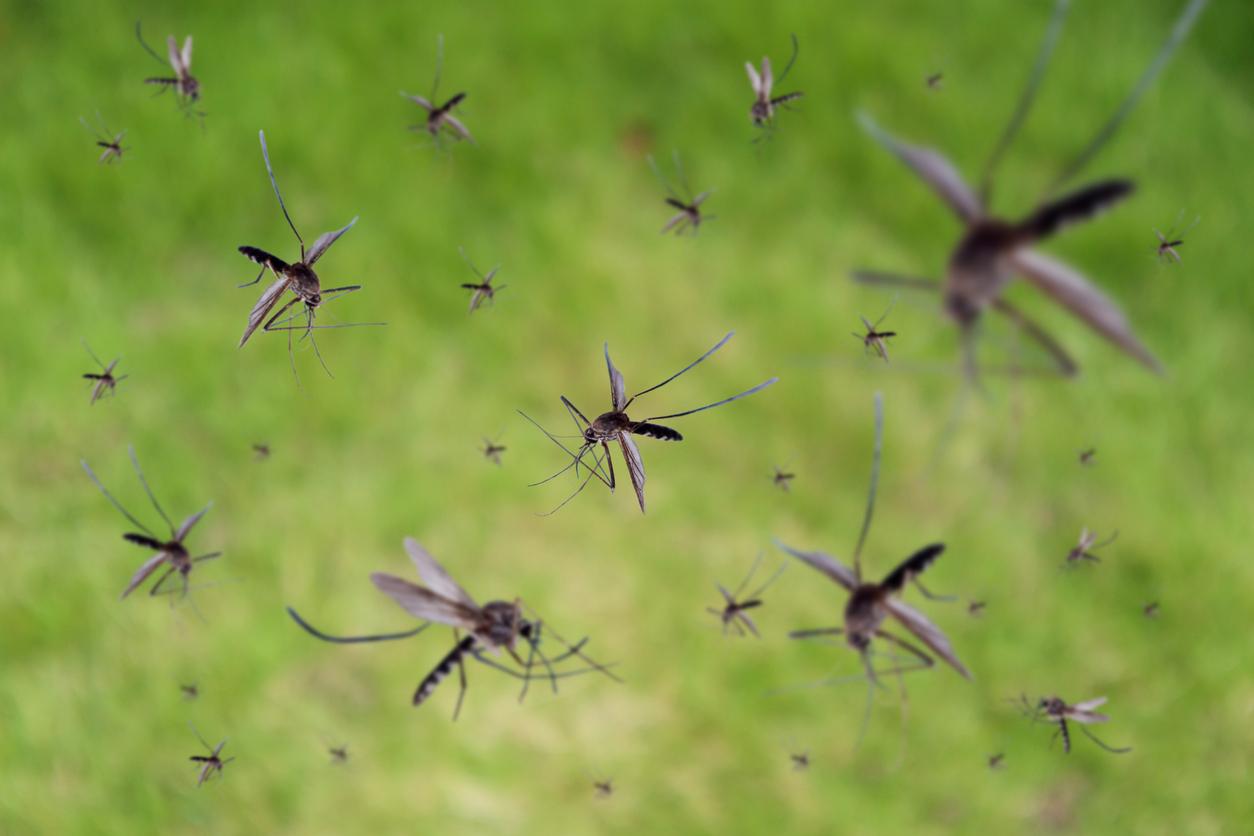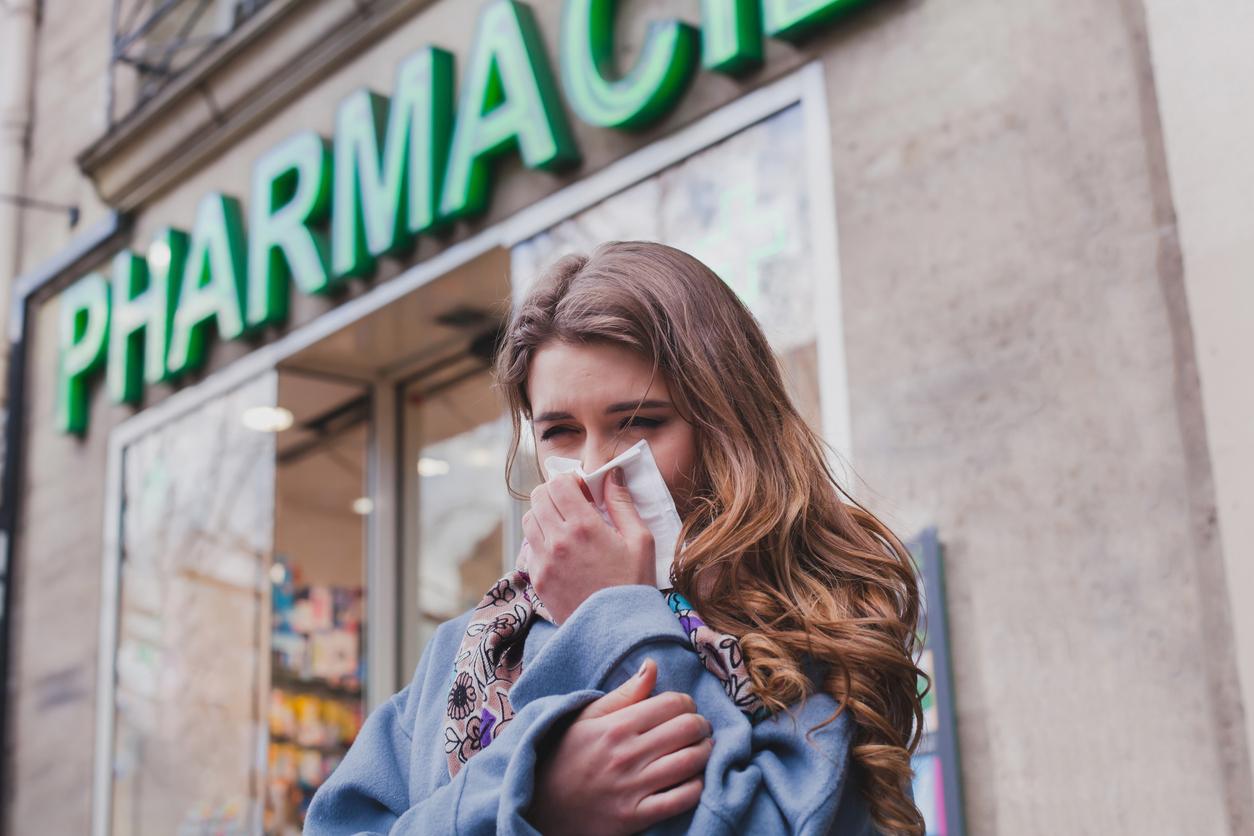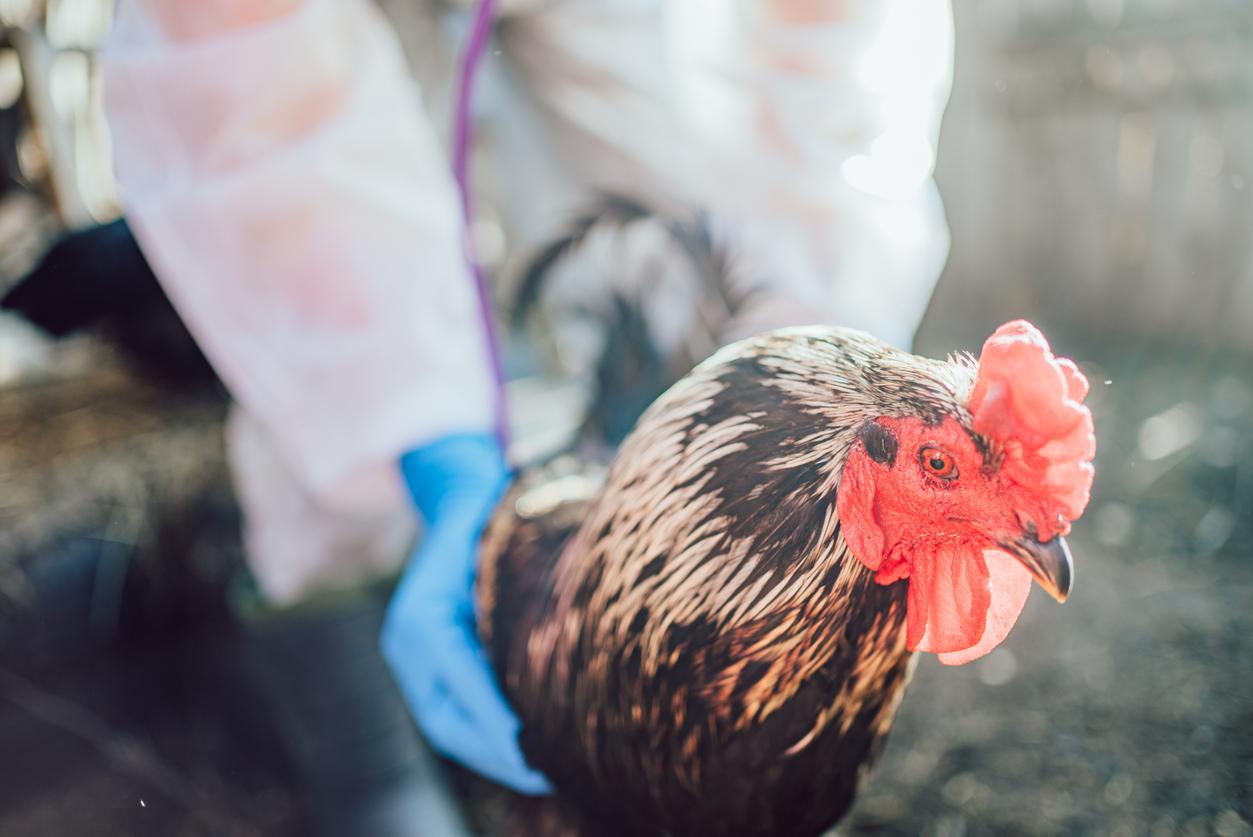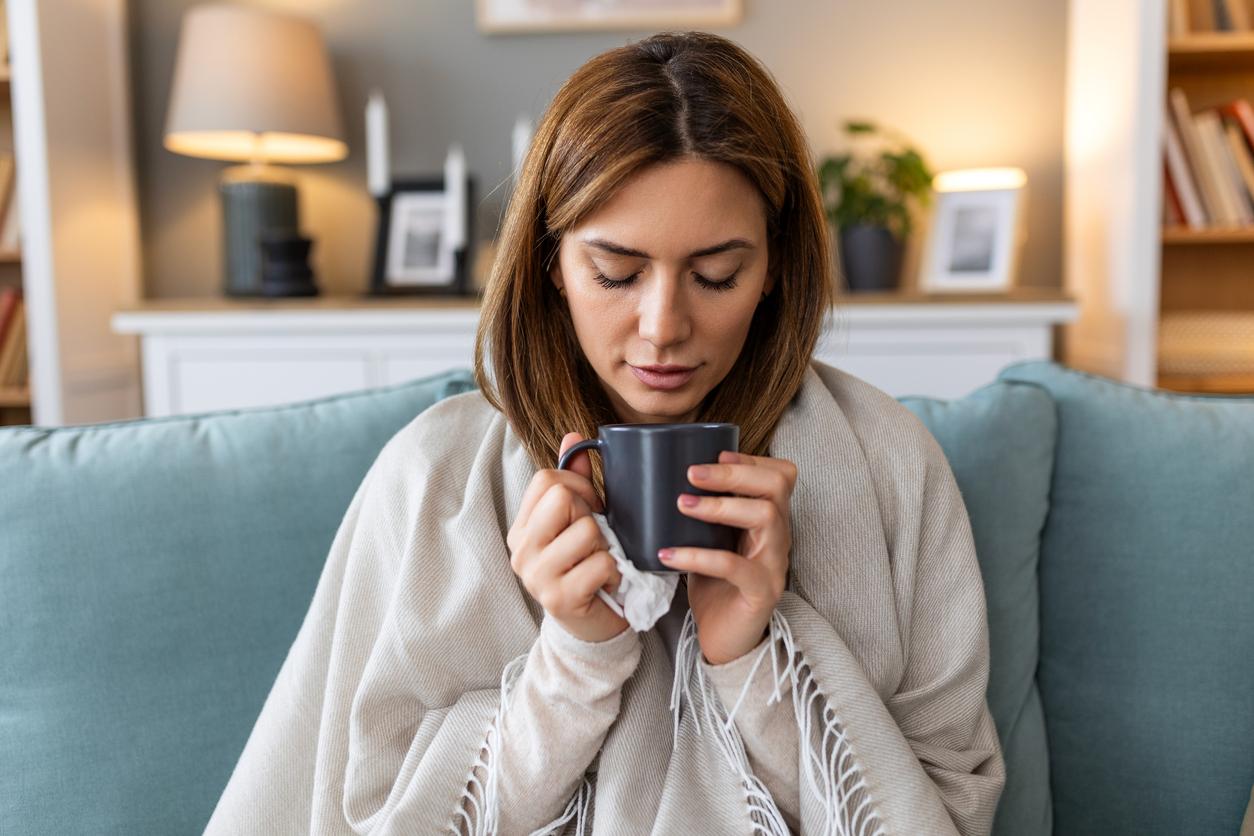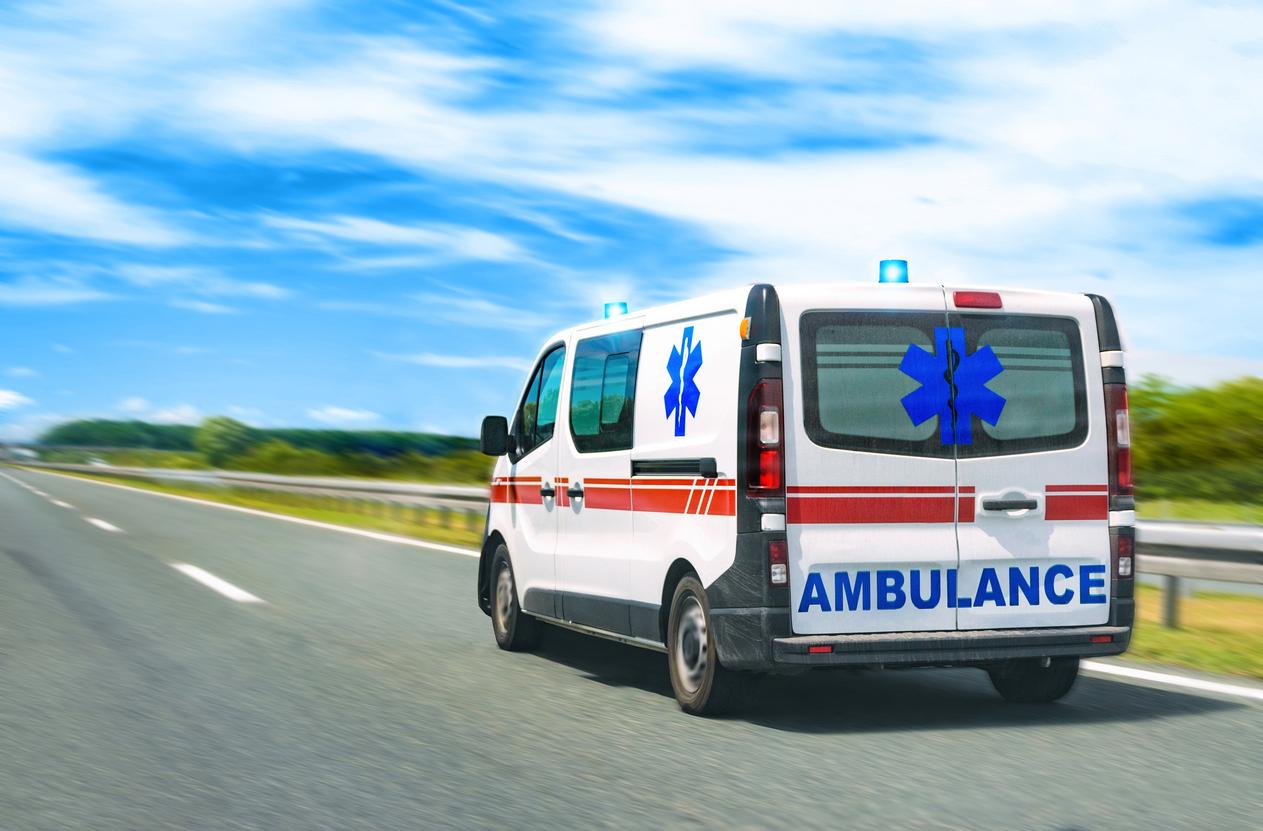Tuesday April 28, Edouard Philippe announced that the French departments were going to be divided into two categories: those little affected by the coronavirus epidemic will be stamped green and the others red. Depending on what, the deconfinement measures will not be the same from May 11.

- The rules of deconfinement will not be uniform everywhere in France
- The departments will be classified, in “green” or “red” according to their health situation
We know a little more about how France will be deconfined from May 11. The departments will be divided into two categories: those little affected by the coronavirus epidemic will be stamped green, the others red, announced Prime Minister Edouard Philippe as he presented the government’s plan on ending containment on Tuesday April 28 at The national assembly. The colors will be chosen according to three criteria: the circulation of the virus on the territory, the capacity of hospitals to take care of serious patients and the means deployed to identify new cases (“the local system of tests and detection of cases contacts”).
From Thursday April 30, health bulletins will be made public to guide each department in view of May 11. Jérôme Salomon, the Director General of Health, will present the map every evening with the results department by department. Then, on May 7, we will finally know the color of the territories and what measures will be taken depending on the situation. “This is more of an easing of containment than a lifting of containment”explains Daniel Lévy-Bruhl, epidemiologist at the health security organization Santé Publique France (SpF), quoted by The world. The Grand-Est and Ile-de-France, hit hard by the epidemic, will therefore undoubtedly be classified red. The departments of the South-West, spared, should on the contrary be green. Then, on June 2, depending on the evolution of the virus, other measures may be announced.
Thus, if each territory will have to comply with the general instructions of the government, the latter intends to leave room for maneuver to local actors so that they take measures according to their situation.
Schools, shops, public transport…
Regarding the deconfinement of schools, Edouard Philippe thus declared: “I want to leave the maximum flexibility to the field”. The little ones will be able to return to school from May 11. In nurseries, they will have to be “in groups of ten maximum”. From kindergarten, the return to school should not exceed “more than fifteen students per class”. The opening of the primary will take place “everywhere on the territory and on a voluntary basis” parents. Then, on May 18, “only in departments where the circulation of the virus is very low”colleges will be able to reopen starting with classes of 6and and 5and. At the end of May, the government will decide whether or not to reopen high schools in early June, starting with professional establishments. Masks will be compulsory for students from middle school and provided to those who were unable to obtain them. Pediatric masks will, however, be available to schools if a child has symptoms. At last, “all teachers and school supervisors will receive masks that they must wear when they cannot respect the rules of physical distancing.
As for businesses, if, on paper, they will be able to reopen on May 11, with the exception of bars and restaurants, this will mainly be decided on a case-by-case basis. Indeed, some markets may not reopen if a prefect or mayor considers that this poses a health security problem. Regarding shopping centers, those exceeding more than 40,000m2 will have to remain closed because they promote travel and contact “which we do not want to encourage”. Because, deconfinement or not, the barrier measures obviously remain in place. In each store, staff will have to channel the flows so that customers remain spaced at least one meter from each other. Traders are also called upon to distribute hydroalcoholic gel and to make gloves and masks available to their staff. They will also have the right to prohibit access to their establishment to a customer without a mask. Of course, these general rules will have to be broken down according to the specificity of each activity.
Finally, in terms of transport, each community will have to manage to restart the metros, buses and trains at a more regular pace. In the Paris region, the Prime Minister thus wishes to return to 70% of the usual offer on the Parisian networks of the RATP from May 11 and “rapidly” 100 %. To take as little risk as possible, very strict rules will have to be put in place, with the compulsory wearing of a mask at least for three weeks following the deconfinement, the condemnation of one seat in two and a marking on the ground. To limit the flow, agents may refuse access to transport to passengers.
What measures have been announced at the national level?
Edouard Philippe also took advantage of this speech to the deputies to give more details on the national measures which will be taken from May 11. If this date marks the end of exit certificates, it will remain impossible to travel more than 100 km from your home. Interdepartmental or interregional travel will have to be reduced “solely for compelling professional or family reasons”said the Prime Minister.
Regarding companies, the maintenance of teleworking is strongly encouraged. If they cannot operate this way, they will have to try to distribute masks to their employees. About thirty guides and job descriptions have been published by the Ministry of Labor to advise companies on the implementation of barrier measures. The State and the regions will help very small businesses and the self-employed to set them up.
As for the partial unemployment scheme, which already covers one out of two private sector employees, it will be maintained until 1er June. “We will then have to adapt it gradually, in order to support the resumption of activity if the epidemic is under control”, clarified Edouard Philippe. The professional sectors that must remain closed will continue to be “protected”. A meeting will take place on Thursday 30 April with the social partners.
With regard to public meetings and events, the constraints will remain strong. Any gathering in public or private space will be limited to 10 people. The practice of sport in covered places will remain prohibited and the beaches closed until 1er June minimum. Small museums or libraries will be able to reopen on May 11, but neither large sites nor cinemas or theaters. As for the demonstrations bringing together more than 5,000 people, they have already been postponed until September, at least. “The 2019-2020 season of professional sport, especially football, will not be able to resume”warned the Prime Minister in particular, before discussing religious gatherings.
If the Prime Minister takes note of “impatience” of the faithful, he believes “legitimate not to organize ceremonies before this barrier of June 2”. The authorities will decide at the end of May on the authorization of the celebrations. In the episcopal environment, the postponement of the date of resumption of worship and the place given to this question, at the end of the speech, after sport, was greatly displeased. “We open the media libraries but we keep the churches closed, rebels against the prelate with the Figaro. And not even a signal for masses which could have been authorized in the green departments little affected by the virus! No gesture, either, to increase, for example, from twenty to thirty the number of people for the funeral…”
In an official press release published following Edouard Philippe’s speech, the bishops conference describes itself as “severe” the confinement imposed on religion. It is “in the name of all bishops” that the permanent council of the Conference of Bishops of France “takes note with regret of this date which is imposed on Catholics and on all the religions of our country”. “We find it hard to see that the ordinary practice of Mass promotes the spread of the virus and hinders respect for barrier gestures more than many activities that will resume soon. Finally, because thespiritual and religious dimension” of man in trial is indispensable and that the “freedom of worship” is “a constitutive element of democratic life”the bishops asked “a meeting with the public authorities”.










